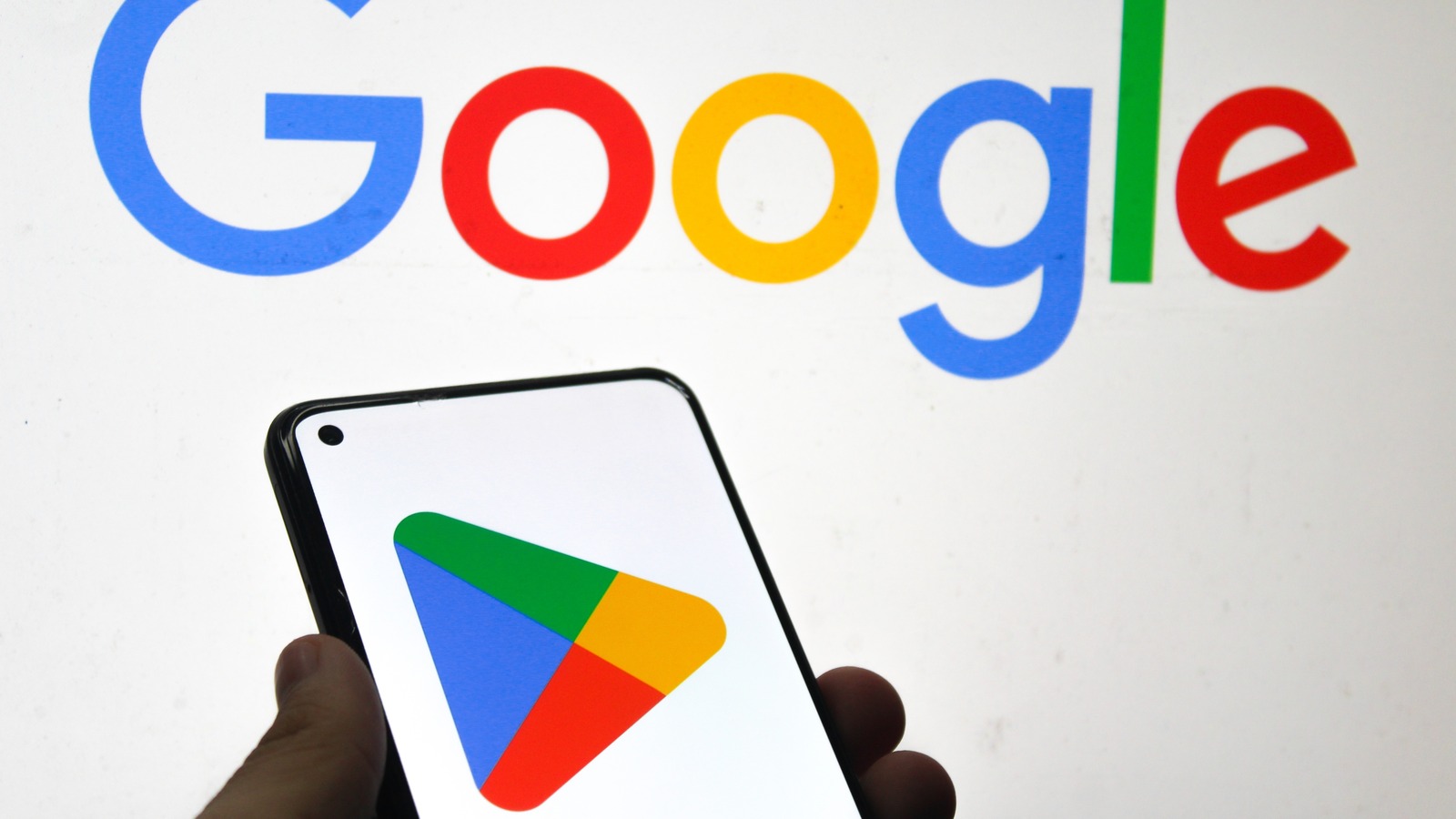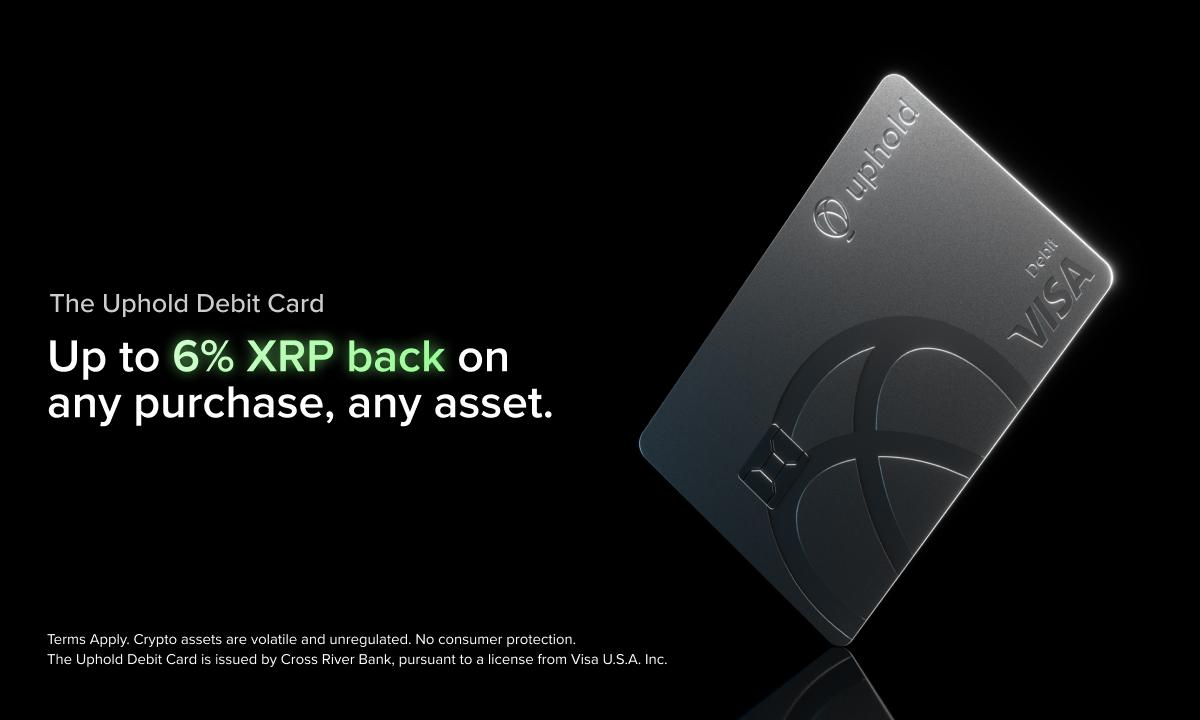Copyright SlashGear

Considering an Android phone instead of an iPhone? Android continues to be the best choice for those who want the most bang for their buck and an open operating system — minus Google restricting one of Android's most important features. Android's app ecosystem is a large part of the reason. We've previously looked at great Android apps not enough people know about, and apps every Android user should consider uninstalling. One unsung benefit of Android, though, is that apps tend to be free compared to iOS. When everything is free, the paid apps really have to justify their existence. So if you're a new user — or you have a new phone — you want the best free apps to hit the ground running. All of the apps here will serve you well as you settle into a new device. They're all free and have high ratings to prove themselves worthy of an install. We researched the best free apps so you didn't have to, and settled on the following five. We hope they'll prove useful both now and later. There are a lot of reasons why you should never trust free VPN services. As they say, if it's free, then you're the product. Free VPN companies have to make a profit somehow, so either they bombard you with ads and/or sell your data. Problem is, the best VPN services available all cost you. VPNs are useful tools for protecting yourself on public Wi-Fi and unblocking certain content, so it's worth having one. The only free VPN we can confidently recommend is Proton VPN. Proton VPN says it's able to provide a free VPN option thanks to paying customers. While it's arguably a marketing tool to convince you to buy a plan, Proton doesn't have any plans to discontinue it or enact limits on free users. So while you won't get access to all VPN servers and protocols, you will get unlimited speed and bandwidth without ads or shady data-selling practices. Proton claims that the free VPN benefits from full privacy protections, i.e., not storing logs and being headquartered in a country with strong privacy laws. Frequent third-party audits continue to demonstrate that Proton lives up to its claims. It's easier to trust all of this because the full source code for Proton VPN is publicly available. The only other free VPN we would be comfortable using is Opera's VPN, but this is limited to its browser. Do be aware that VPNs do not make you anonymous. The claims by VPN companies that they don't collect logs are difficult to verify. If anonymity is your goal, try the Tor Browser on Android. You can download Proton VPN from the Google Play Store here. I've said it before and I'll say it again: It's time to ditch Chrome and start using Vivaldi. Vivaldi is an unparalleled browser thanks to its incredible customization, superior tab management, excellent privacy, and built-in tools like an ad blocker. Most of these benefits trickle down to the Android version. Use double stacks of tabs, take notes, capture full-page screenshots, add things to a reading list, and more. In my experience, you can do everything that you can in Chrome with Vivaldi, and many things that Chrome only wishes it could. This is a browser both for power users and for people who just want a good Chromium browser. Much of what Vivaldi can do will be extremely helpful on a new device. For example, it can autofill your passwords securely as you log in again or send tabs between your Android and desktop. It includes familiar features like a speed dial and an automatic website translation option. The mobile versions of Vivaldi keep getting better with frequent updates. Set it as your default browser, and chances are you won't change it back. All of this is free and supported by search partnerships and user donations. Vivaldi has an incredibly strong privacy policy reminiscent of Proton's, partly due to its Nordic roots. Since you'll probably want your history and bookmarks to sync to the same account, we recommend trying Vivaldi on your other devices too. You can download Vivaldi Browser here from the Google Play Store, the Samsung Galaxy Store, or as a downloadable APK file through Vivaldi's website. One of the joys of the Apple ecosystem is AirDrop. AirDrop works between most Apple devices, such as from iPhone to Mac or iPad and vice versa. Android's Quick Share is comparable, but things get tricky once you have devices running different OSes. Those with an Android phone likely have a Windows computer and perhaps a Linux-based device like a Steam Deck OLED — or even a MacBook and an iPad. The point is, if you've got multiple devices with no easy, native way to share files between them, then get Blip. Blip is like AirDrop and Quick Share, but more powerful. Once you've logged into two devices on the same account, you can start transfers instantly without accepting on the other device. Any file size works, and Blip automatically resumes interrupted transfers — whether because the file is large or the internet is shoddy. Distance is not a factor either. Blip allows you to send files and folders to people on the other side of the globe, fast. It works on Windows, Android, macOS, iOS, and Linux, and even if it weren't multi-platform, it's so good that I often prefer it over AirDrop. Blip is free to use at the time of writing and does not support itself with ads. Instead, it has a paid business tier for professional users. Although files are encrypted in transit with TLS, Blip does not use end-to-end encryption, so keep that in mind before sending anything sensitive. Download Blip here from the Google Play Store. With a new Android phone, there's one thing you're going to be doing a lot: speed tests. You'll want to see that your Wi-Fi is connected and working at full speed and that the data plan on your phone matches what you paid for. Ookla, the company behind the famous speedtest.net website, makes a handy app for Android. There's perhaps no better way to test your speeds and figure out if it's the website that's down or just you. All the functionality you get on the web is available in the app. Collect high-level details like download and upload speeds, and technical data like jitter, packet loss, and ping. It also helps identify areas where your mobile carrier has poor service. Simply open the app, hit the "Go" button, and you're done. We only have two complaints about the Speedtest app. First, it has ads. That might seem acceptable for a free service, except that Ookla goes beyond ad revenue. It collects a concerning amount of user data for product development and sale. This depends on what permissions you grant, but skim the privacy policy and you'll see it gathers more than just speed and location data. If you're looking for a more privacy-respecting speed test, try LibreSpeed — though note that it doesn't have an Android app. You can download Speedtest by Ookla from the Google Play Store here. Bear in mind that there are many other ways to check your internet speed. It's hard to build habits and stay accountable when you don't know how often you're doing them. If you'd prefer to track habits digitally, most habit-tracking apps on Android and iOS are a mess. In my experience, most are overcomplicated, offering features no one needs and constantly prompting you to upgrade to the subscription version at every opportunity. If you only need a simple way to check off tasks — no frills, no extra features — then Loop Habit Tracker is just for you. Loop Habit Tracker is free and ad-free. The full functionality of the app is available to all users, and it does not collect or share your data. The app doesn't beat around the bush. It shows you a simple list of tasks you're tracking with either a checkmark or a number to log whether you've done them. No fancy graphics, no animations, no distractions. Over time, the app creates detailed analyses of your progress. The data is yours, stored locally, and will be wiped completely if you delete the app. Despite its minimalism and privacy focus, it's not weak on features. You can schedule reminders and use widgets to mark completed habits. Loop Habit Tracker takes privacy seriously. It's the only app on this list available on F-Droid, a popular privacy-centric and open-source app repository for Android. GitHub also hosts its .apk. Of course, you can download it from the Google Play Store here. These apps were selected based on both high average user reviews and personal experience; all of them have thousands of reviews above a four-star average, and I've personally used each extensively. Since we're discussing a fresh device that likely only has manufacturer apps installed, we aimed to cover a range of use cases. A person might need a VPN, a browser, and a way to transfer files or check internet speeds as they ease into their new smartphone. A list of apps ideal for a new device could easily be ten times as long and go in many directions, but we tried to keep it trim. All of these apps receive regular updates and can be downloaded directly from the Google Play Store, no need to side-load or use alternative app stores. Several are also available externally. They all work on a modern Android device running the latest version of Android OS. If you're looking for great paid apps, start with our list of five Android apps that are worth the money.



